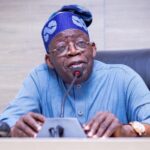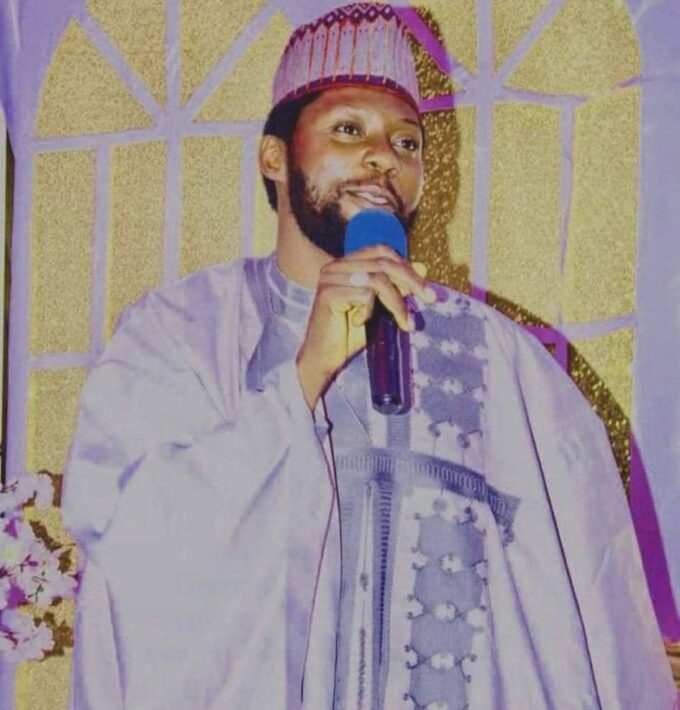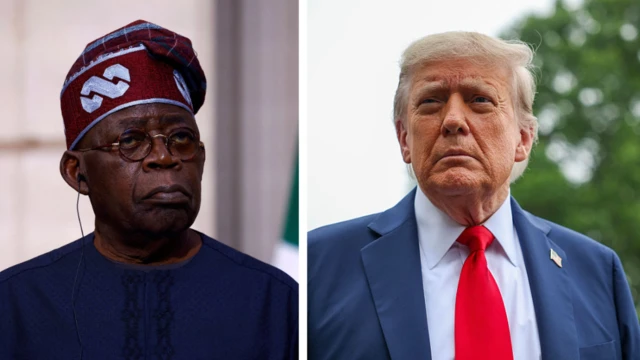In the evolving narrative of Nigeria’s higher education, the Academic Staff Union of Universities (ASUU) has consistently occupied the position of an unwavering yet frequently misunderstood actor. Despite systemic neglect, official indifference, and public apathy, ASUU has maintained its role as a steadfast advocate for academic integrity and the protection of educational standards. This prompts a critical question: how has the responsibility of defending public education in Africa’s most populous country come to rest predominantly upon the shoulders of a single trade union?Established in 1978, ASUU has transformed into far more than a conventional labour organisation. It now represents the moral and intellectual conscience of Nigeria’s university system. Its consistent demands, which include improved funding, fair and competitive remuneration, institutional autonomy, and infrastructural renewal, are not limited to the interests of its members. Rather, they are reflective of wider societal imperatives such as social justice, equitable access to knowledge, and national development.
From a sociological perspective, ASUU’s advocacy resonates strongly with Emile Durkheim’s notion of moral education. Durkheim contended that educational institutions are central to the development of collective consciousness and the reinforcement of societal cohesion. When these institutions are allowed to deteriorate, the consequences extend beyond academic decline to include weakened civic values, diminished critical thought, and the erosion of national identity. In this regard, ASUU’s industrial actions should not be perceived solely as disputes over wages or benefits. Instead, they are symptomatic of deeper institutional dysfunctions and serve as a protest against what Max Weber might characterise as bureaucratic irrationality, wherein state structures prioritise transient political gain over long term societal investment.
Despite the union’s enduring commitment to higher education reform, ASUU remains frequently isolated in its efforts. Students, paradoxically the primary beneficiaries of its struggle, often express resentment or indifference. Repeated disruptions to the academic calendar have generated a psychological detachment frequently referred to as strike fatigue. This condition, however, reflects a more fundamental problem: the absence of political education and civic awareness among the youth. Antonio Gramsci’s theory of cultural hegemony provides a useful lens for understanding this phenomenon. By framing ASUU as an impediment rather than an advocate for progress, the state sustains ideological control and suppresses collective resistance. The lack of effective communication strategies by the union has enabled such misrepresentations to persist, limiting the potential for public solidarity. Nonetheless, the responsibility for reforming Nigeria’s educational system must be shared. Students, parents, civil society organisations, and university administrators all possess a critical role in this process.
The approach adopted by the Nigerian government towards ASUU has been largely reactive and lacking in strategic vision. Successive administrations have consistently failed to engage in meaningful dialogue or to honour previously negotiated agreements. Instead, they have relied on delay, deflection, and superficial gestures. This approach is emblematic of a broader postcolonial governance crisis characterised by institutional fragility, clientelism, and an absence of developmental foresight. Public education, rather than being treated as a cornerstone of national progress, has been relegated to the margins of political consideration. While public universities remain grossly underfunded and structurally weakened, private institutions have flourished, thereby reinforcing class divisions and perpetuating educational inequality.
An analysis rooted in political economy provides further insight into this structural crisis. The deterioration of Nigeria’s public universities is not simply the consequence of fiscal mismanagement or policy neglect. It is also a byproduct of the neoliberal restructuring of African states which began in the 1980s with the implementation of Structural Adjustment Programmes. These programmes, promoted by international financial institutions, imposed austerity measures, encouraged deregulation, and significantly reduced public expenditure on education and other social services. ASUU’s resistance can thus be understood as a form of counter hegemony, challenging the commodification of education and the erosion of public responsibility.
At a global level, the challenges facing Nigeria’s higher education sector are reflective of wider structural inequalities between the Global South and the Global North. The trend popularly referred to in Nigeria as the Japa syndrome, involving the mass emigration of academics and skilled professionals, underscores the global imbalance in institutional capacity and opportunity. The continuous outflow of talent in search of better research facilities, career advancement, and working conditions further deprives Nigeria’s universities of the human capital necessary for meaningful transformation. This creates a vicious cycle of underdevelopment and dependency.
ASUU’s demand for the revitalisation of the Nigerian University System is therefore both legitimate and urgent. The union has consistently called for improvements in physical infrastructure, modern laboratory facilities, increased funding for research, manageable student to staff ratios, and the restoration of conducive working conditions. These demands are fundamental to the proper functioning of a modern university and essential for positioning Nigerian institutions within the global academic landscape.
Nevertheless, it is imperative for ASUU to engage in critical self assessment. Although its objectives are commendable, the union’s operational strategies require recalibration. The movement must transcend its current posture of institutional insularity and adopt a broader coalition building approach. By forging alliances with student unions, parents, civil society actors, and sympathetic voices within the private sector, ASUU can enhance its legitimacy and bargaining power while amplifying the urgency of its message.
In conclusion, the question is not whether ASUU’s demands are reasonable; they are. The deeper question concerns why the union has been left to pursue this struggle in isolation. Nigeria’s future is inextricably linked to the quality of its education system. A nation that fails to invest in intellectual development, research, and human capital imperils its capacity for innovation, governance, and sustainable growth. It is time for the Nigerian government and society more broadly to reconsider education not as an expenditure but as a critical investment in the survival, stability, and advancement of the nation.
ahmadeesir214@gmail.com













Leave a comment